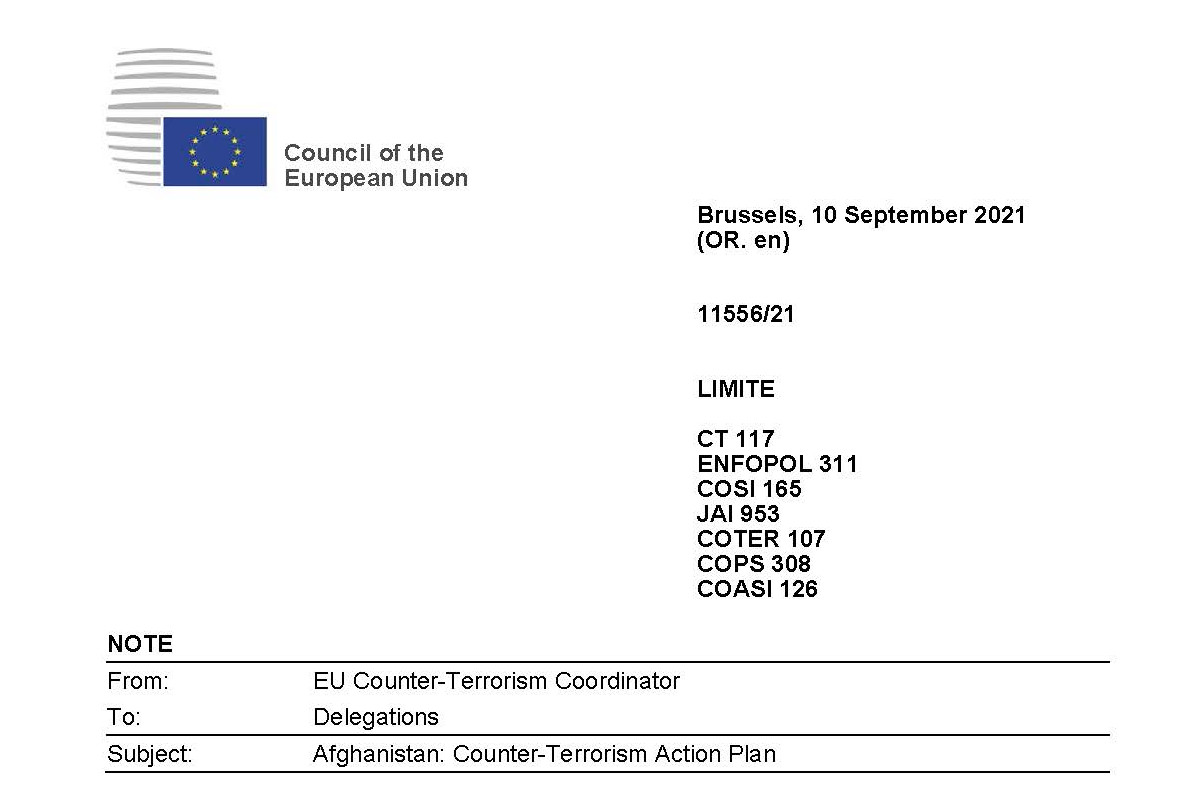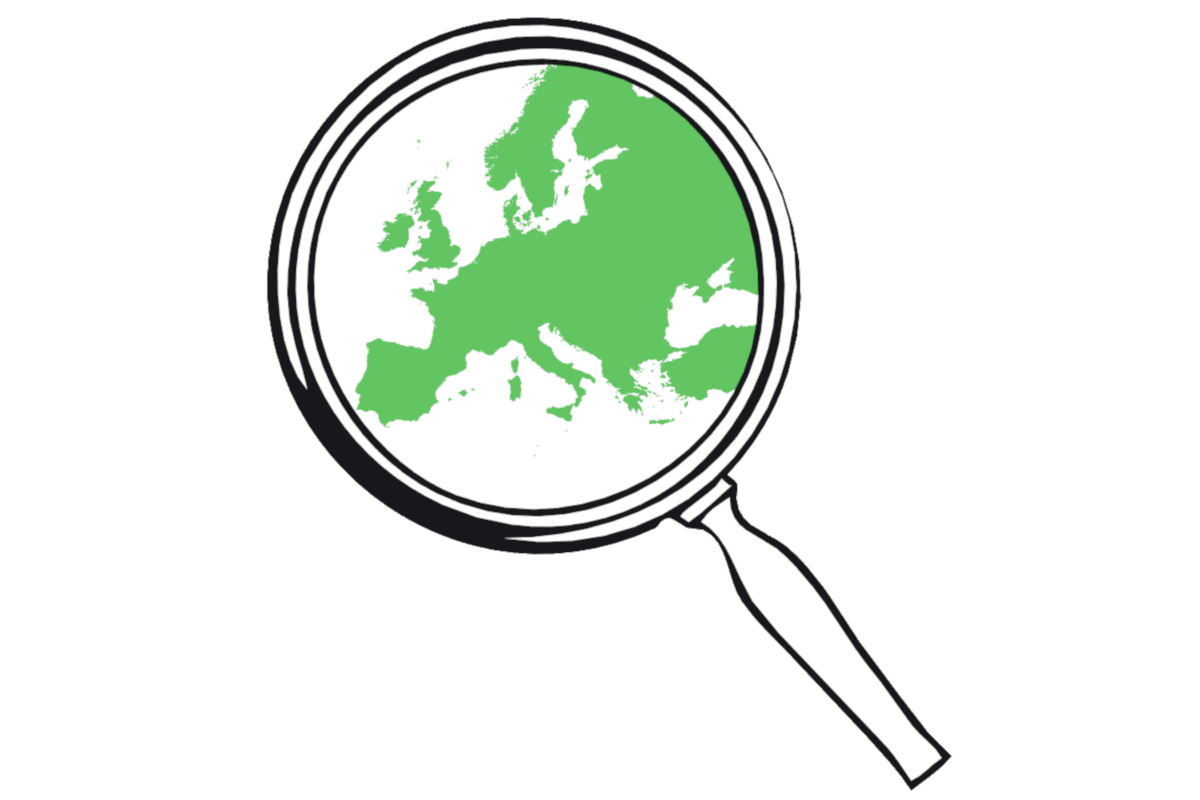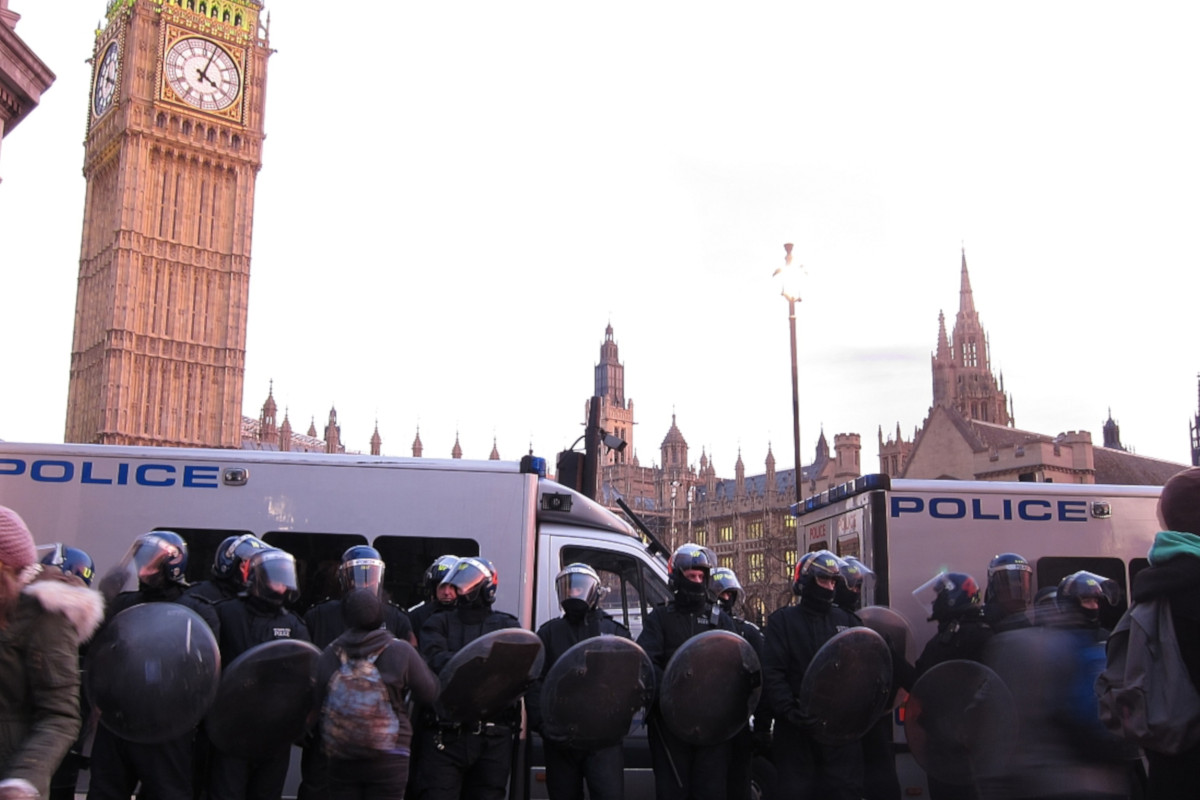EU: More "war on terror" in the Afghanistan Counter-Terrorism Action Plan
Topic
Country/Region
13 September 2021
"The Counter-Terrorism Action Plan has been elaborated in coordination with the Commission services, the EEAS, the Presidency and relevant EU JHA agencies. It sets out 22 recommendations for action, divided into four areas: I. security checks – prevent infiltration; II. strategic intelligence/foresight: avoid that Afghanistan becomes a safe haven for terrorist organisations; III. monitor and counter propaganda and mobilisation of the Jihadi eco-system; IV. tackling organised crime as a source of terrorist financing."
Support our work: become a Friend of Statewatch from as little as £1/€1 per month.

NOTE from: EU Counter-Terrorism Coordinator to: Delegations: Afghanistan: Counter-Terrorism Action Plan (Council doc. 11556/21, LIMITE, 10 September 2021, pdf)
The document calls for enhanced surveillance of Muslims as well as "right-wing and left-wing extremist discourse":
"The EU INTCEN, the EU Internet Referral Unit at Europol and the Radicalisation Awareness Network (RAN) to monitor and provide analysis of the Taliban's takeover in Afghanistan with regard to the global Islamist extremist and Jihadist propaganda scene, including Afghan diasporas and Muslims in Europe. The Taliban, as well as Al Qaida headquarters and affiliates might operate strategic communication campaigns to develop and spread Islamist extremist narratives, which need to be monitored. This includes promotion of the Taliban’s policy towards women and girls, which may have negative impacts in Europe. Montoring should also cover possible right-wing and left-wing extremist extremist discourse in reaction to developments in the wake of the Taliban takeover."
There is heavy emphasis on ensuring strict screening at EU borders (emphasis and errors in original):
"It is important that timely, uniform, and enhanced security checks are performed at the EU’s external borders and during the asylum adjudication process, in order to effectively identify those, who might pose a risk to EU internal security, and avoid infiltration of Jihadists into the EU.Information needs to be shared in a timely and coordinated manner in order to avoid any gaps in sharing terrorism-related information on an individual between relevant competent national authorities.All existing terrorism-related information on a person should be taken into account."
"Europol, Frontex and EASO to start preparing the logistics for a possible deployment for, inter alia, screening, de-briefing and finger-printing at the EU's external borders, so that deployment could be done quickly, as necessary in case of large number of arrivals resulting from the situation in Afghanistan."
"...it is crucial that updated battlefield information is available to the competent national authorities and Europol, including during the enhanced security check. The US government and Member States, as well as Europol and Eurojust, have established contacts, channels and procedures for the sharing of battlefield information, including from Afghanistan. It remains essential to close gaps and ensure the best possible availability of all relevant battlefield information from Afghanistan. The cooperation with the US government should be reinforced to share with Europol and Member States updated battlefield information collected in Afghanistan such as fingerprints found on explosive devices or biometrical data of fighters detained in Afghan prisons and who have been released by the Taliban."
"Security checks concerning Afghan citizens evacuated by the US to the Western Balkans are equally relevant for EU security. Clarity from the US government should be sought on envisaged security screening process before onward travel to the US for the Afghan citizens that the US has placed in transit in the EU and the Western Balkans, e.g. applicable procedures, timelines, follow up process for rejected demands for visa for entry into the US. Moreover, US assistance is key for screening of Afghan citizens, who are in US bases in the EU, but have requested asylum in EU Member States."
Cooperation with countries in the region should also be stepped up:
"The EU to seek strengthening dialogue, strategic information exchange, and enhanced interaction with some of the countries neighbouring Afghanistan, as well as with countries in the region and globally with access to information on Afghanistan. Full use to be made of the ‘regional political platform’, to be established by EEAS as an outcome of the Gymnich meeting on 3 September 2021. Moreover, existing instruments to be applied, such as EU’s Counter-Terrorism Dialogues with countries in the region, as appropriate underpinned by increased mobilization of the EU’s CT capacity building tools, and EU’s network of Counter-Terrorism Experts at selected EU Delegations. Posting of additional EU CT Experts to EU Delegations in the region to be explored"
Current cooperation with Saudi Arabia is apparently a useful template for preventing the spread of Islamist extremist ideology:
"Afghans, in particular the Taliban, have for decades been exposed to externally supported spread of extremist Islamist ideology. Analyzing and preventing the spread and influence of Islamist extremist ideology in the region and globally needs a stronger integration into EU foreign policy, accompanied by an in-depth reflection on how to counter it. The EU’s continued engagement with Saudi Arabia on the reduction of the Islamist extremist proselytization can inform this effort."
Our work is only possible with your support.
Become a Friend of Statewatch from as little as £1/€1 per month.
Spotted an error? If you've spotted a problem with this page, just click once to let us know.

